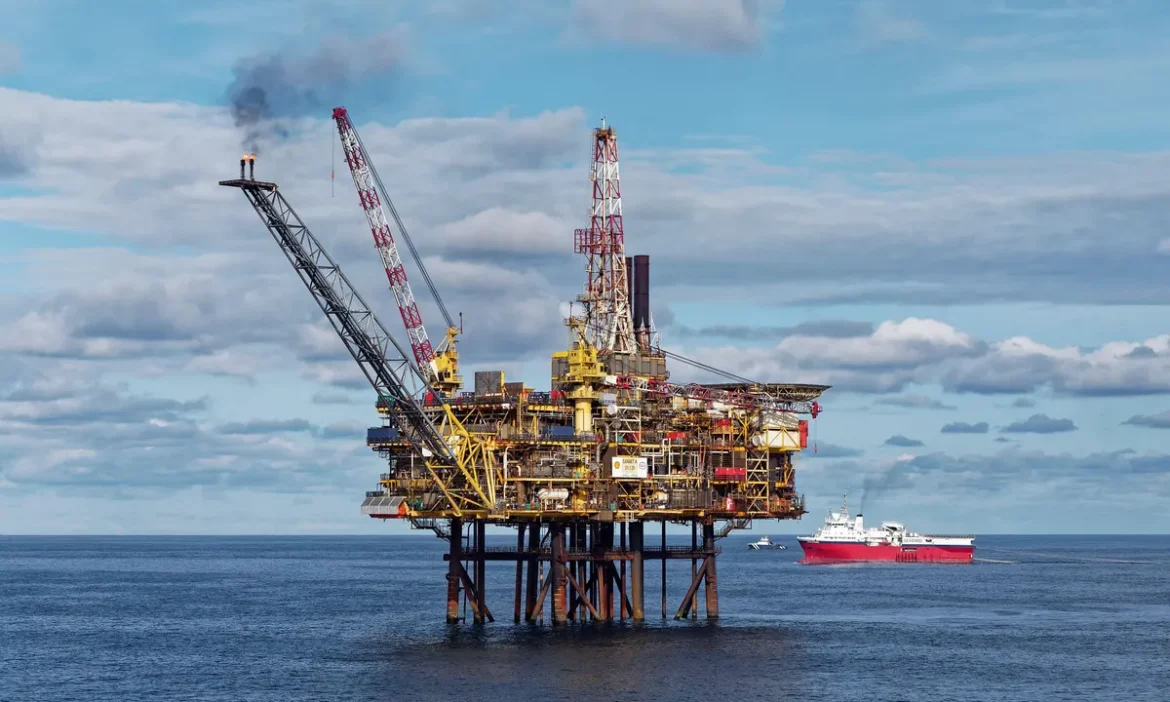Shell, energy giant reportedly watered down a key green target as it prepares to defy climate experts by growing its liquified natural gas business and holding its oil production steady until 2030.
According to reports, the company signalled that it may slow the pace of its emissions reductions for this decade by setting a new plan to reduce the carbon emissions intensity of the energy it sells by 15-20% by the end of the decade, compared with its previous target of 20%.
The weakened target, which was set out in its latest energy transition strategy, will enable Shell to slow the pace of its emissions reductions in a decade that climatologists have warned is crucial in averting a climate catastrophe.
Reacting, Agathe Masson of the campaign group Reclaim Finance said that the “retrograde step” showed once again that Shell had “no interest in acting for the climate”.
Climate experts have called on all fossil fuel companies to reduce the emissions from the energy they sell, known as “scope 3 emissions”, by cutting their production of oil and gas. Shell’s targets refer to the carbon intensity of their products, rather than the absolute emissions. This means it could produce more gas at a lower emissions intensity but still raise its total emissions overall as it ramps up production.
Read also: Watchdog: Fossil fuel firms must plug methane leaks to meet climate targets
The strategy update includes a new target to reduce the scope 3 emissions from its oil business by between 15-20% by 2030, compared with 2021 levels. It has not set a scope 3 emissions target for its gas business, which is expected to grow by 50% by 2040.
According to reports, the weaker climate targets were set out alongside Shell’s annual report, which shows its chief executive, Wael Sawan, will take home a pay packet worth almost $10m (£7.94m). His predecessor Ben van Beurden was paid £9.7m in 2022.
Jonathan Noronha-Gant, who is a senior fossil fuels campaigner at the NGO Global Witness, said: “Shell’s CEO £8m pay packet is a bitter pill to swallow for the millions of workers living with the high costs of energy. Our reliance on Shell’s dirty oil and gas make them rich whilst the rest of us get poorer.”
Recall that last month, Shell revealed an annual profit of more than $28bn for 2023, one of its most profitable years on record, as green activists staged a protest outside the company’s London headquarters. Sawan angered green groups last June, when the company appeared to reverse a plan to reduce Shell’s oil and gas production by 1-2% a year, in pursuit of higher profits.
Story was adapted from the Guardian.
